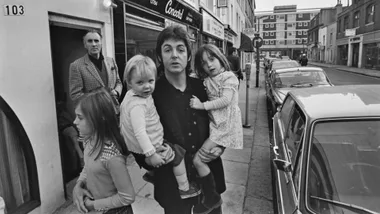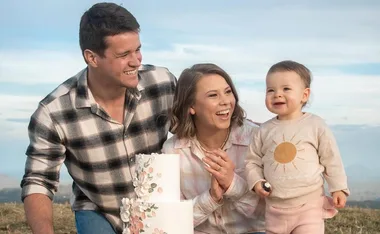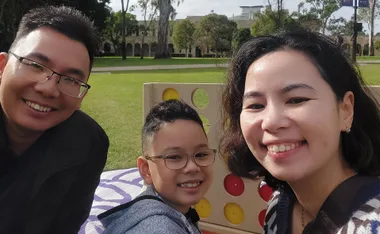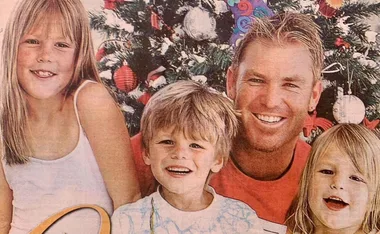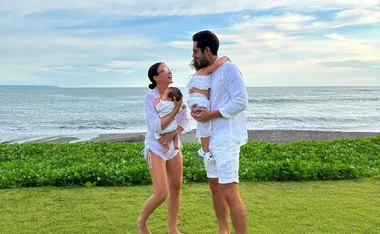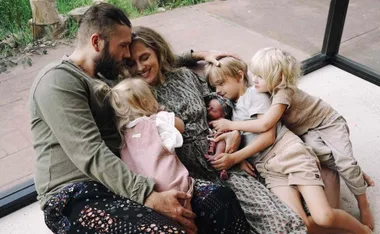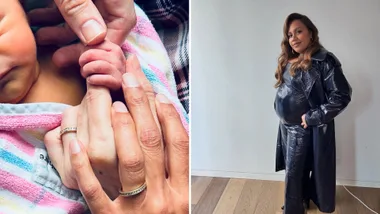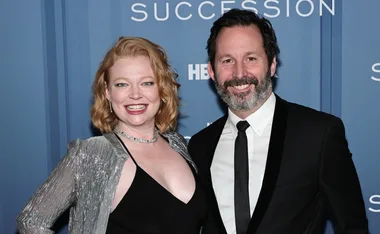In a pilot scheme launched by Sheffield University researchers and funded through a collaboration between the government and medical research sector, shopping vouchers worth up to $340 will be offered to 130 mums as the initiative is tested.
Areas with low breastfeeding rates among new mums – around 25 per cent compared to the national average of 55 per cent – will be the first to experience the scheme as the trial is rolled out in specific areas in Sheffield and Chesterfield in March.
Dr Clare Relton who is leading the project told the BBC said she hoped the incentives would push a cultural shift so that breastfeeding would eventually be seen as the norm.
“It is a way of acknowledging both the value of breastfeeding to babies, mothers and society,” she said.
Mothers would have to declare whether or not they were breastfeeding and have that information verified by a nurse or health visitor under the scheme, and to qualify for the full reward amount, would have to breastfeed until six months.
Though the question of “is breast best?” is ongoing and controversial, experts working on the projects pointed to evidence that breastfeeding helped prevent health problems such as upset stomachs and chest infections as well as leading to better education.
But even breastfeeding advocates are speaking up against the scheme.
Australian Breastfeeding Association spokesperson Nicole Bridges said providing incentives for mums to breastfeed was “well-intentioned but misguided”.
“I think that the government would be far better off investing those funds in education and supporting women,” she told The Weekly.
“It’s proven that women who are educated about breastfeeding and have peer-to-peer support are much more likely to achieve their breastfeeding goals, and those are different for everyone.”
While she said she hoped that any program that educated mothers on the benefits of breastfeeding was successful, Bridges indicated a financial scheme would go further to polarise mothers on breastfeeding issues.
“It discriminates women who are unable to breastfeed,” she said.

